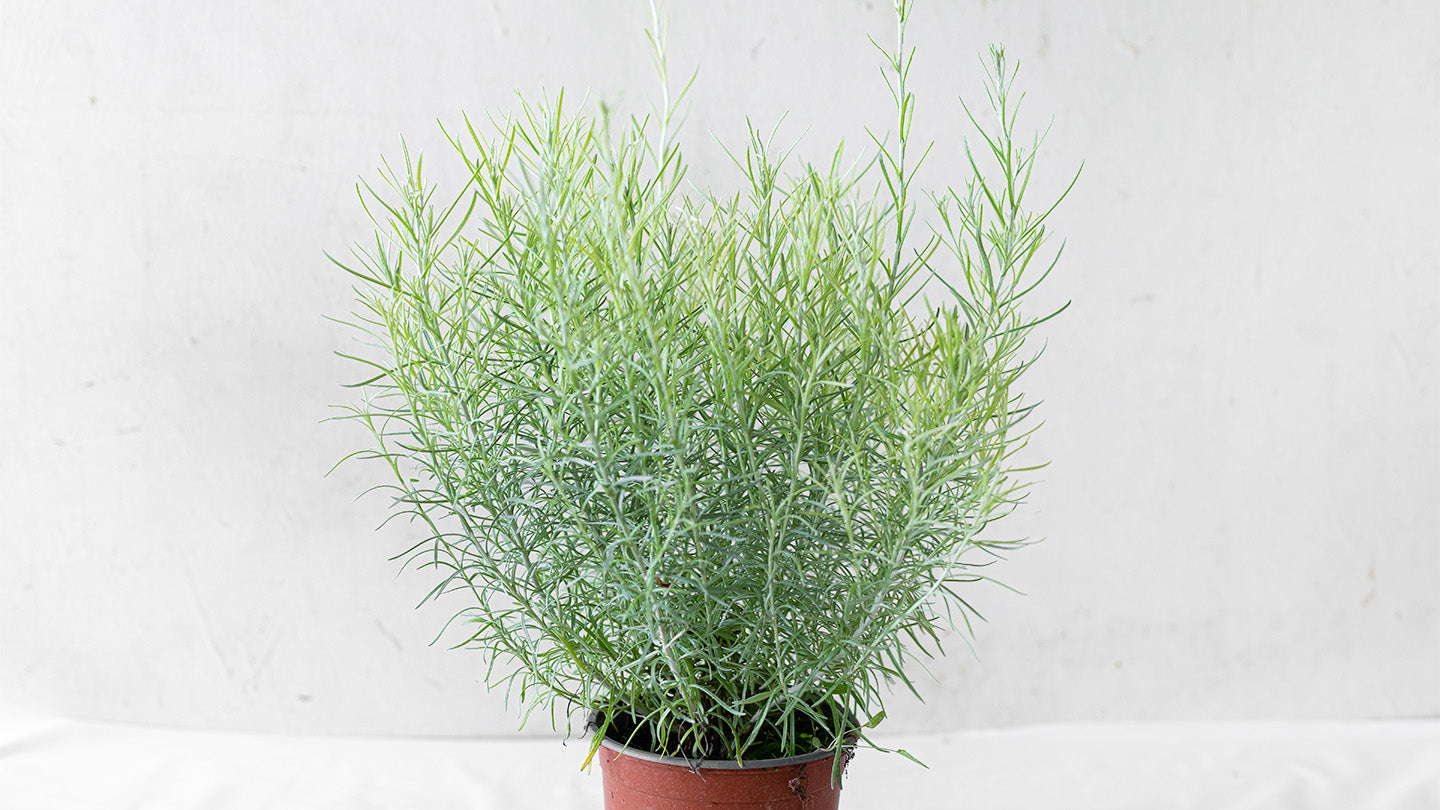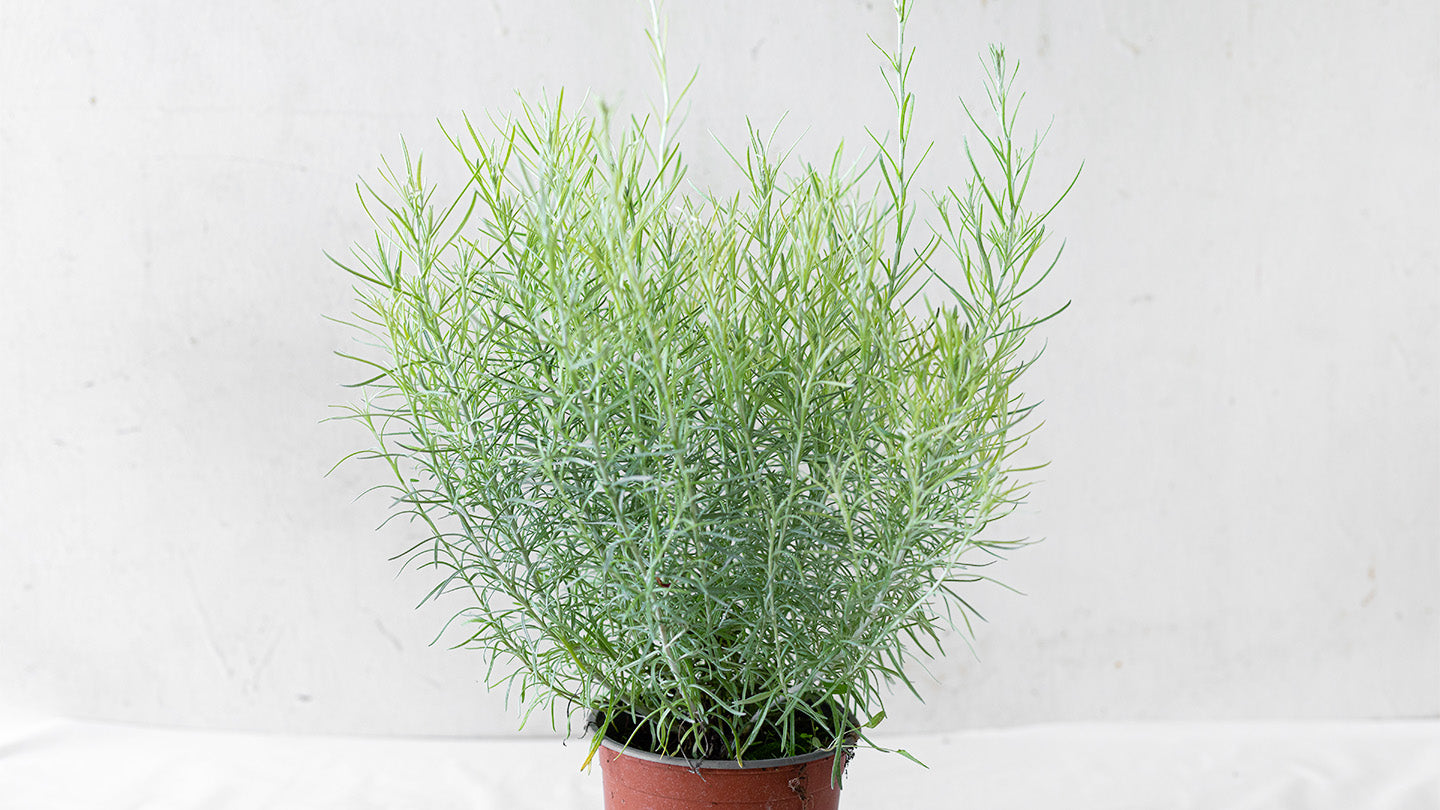cybloom
Curry
Regular price
€4,50 EUR
Regular price
€5,50 EUR
Sale price
€4,50 EUR
Unit price
per
Tax included.
Couldn't load pickup availability
Family: Rutaceae
Origin: Native to India
The Size: 6-20 ft. tall, 4-12 ft. wide
Growth: Can reach anywhere from six to 20 feet tall
Temperature & Humidity: The curry tree is frost tender. While it can survive a mild frost, it does not do well in areas with consistently cold winters, which will prompt it to shed its leaves and go dormant until the spring. It thrives in a hot, humid climate.
Temperature & Humidity: The curry tree is frost tender. While it can survive a mild frost, it does not do well in areas with consistently cold winters, which will prompt it to shed its leaves and go dormant until the spring. It thrives in a hot, humid climate.
Lightning: The curry tree thrives in full sun. Place in the absolute sunniest part of your garden for best results. With proper light and care, the tree will produce good foliage.
The Soil: Plant in well-drained, fertile soil on the acidic side, with a pH between 6.4 and 6.9. The curry tree prefers dry soil.
The Soil: Plant in well-drained, fertile soil on the acidic side, with a pH between 6.4 and 6.9. The curry tree prefers dry soil.
Watering: Water regularly for the first two months after planting and allow the soil to dry out after a heavy rain or deep watering. After that, moderate watering is sufficient. Avoid overwatering, especially in winter. Potted plants need more frequent watering, every 2 to 4 days depending on pot size and climate. Make sure not to overwater the plant and let the soil dry out between watering.
Fertilizer: A month or so after planting, give it a nitrogen-rich fertilizer. For the amount to use, follow the product label instructions. Do not fertilize during winter dormancy, which the tree goes through in cooler parts of the world.
Reproduction: Curry tree seeds have a very low germination rate and trying to propagate the tree from seed is therefore not recommended. If you want to propagate a curry tree, it is best to do this from a cutting.
Features of Care: When searching for a place to plant it outdoors, avoid a windy spot because it has a weak trunk and weak limbs. It is a tough tree otherwise and will only wither and die from extreme drought, record high temperatures, or infertile soil.
Difficulties: Droopy, withering leaves in potted curry trees is often a sign of overwatering, which can also lead to root rot. Make sure that the container has adequate drainage and the potting mix drains well. Back off on watering and only water again when the soil has dried out.


